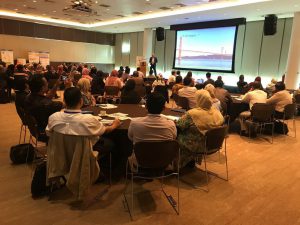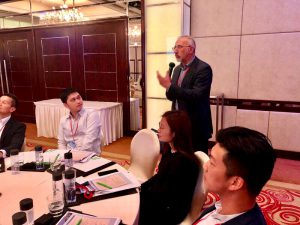Isabel De Clerq and I have never formally met though, like many, we are virtually connected. So. it was with great pleasure / anticipation when this little green book, with a nice note from Isabel inside the front cover, landed on my doormat a few weeks back.
This is a book you will not want to put down. As one page merges into another, the dog eared pages multiply and whomever is in the vicinity hears “listen to this, we do that..”, accompanied by nodding. I knew I was going to enjoy “Hybrid Work: A manifesto” as the opening paragraph is set in Isabel’s kitchen and my good friend Luis Suarez‘s thoughts on #distributedworking are referenced early in the book.
I promised Isabel (who has a love of Portugal) I would read it overlooking the Rio Tejo.
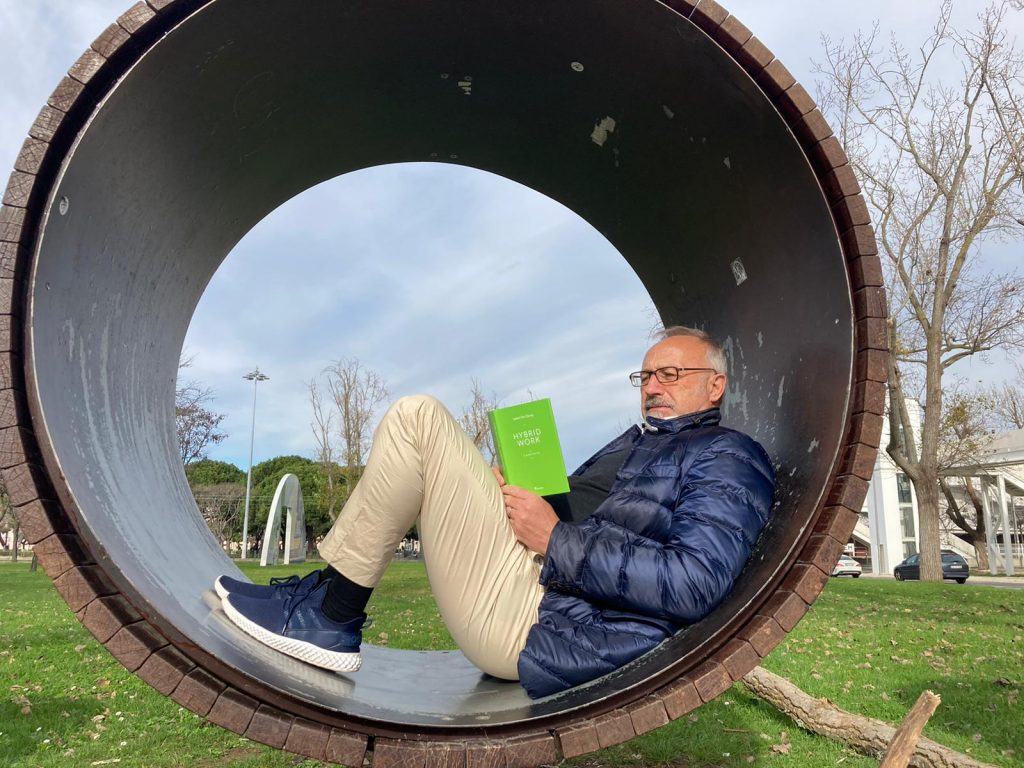
It’s a book that spawns ideas. Here are some of my reflections.
What complements my thinking?
- Meetings: Isabel places great emphasis on meeting preparation and conduct. A few decades back I was Business & Strategy Advisor to a fledgling dotcom business Sopheon. Globally acquisitive, with offices in Amsterdam, Maastricht, Minneapolis, Denver and Guildford, we added to the portfolio of companies by acquiring a software business in Frankfurt. It became rapidly apparant that work was needed to get everyone on the same page especially when holding meetings. We drew up a code of conduct “Meetings Matter” around preparation, attendees – roles and purpose and proposed outcomes. It worked and I use it for all client meetings.
- Connection between people and organisation: This stood out
The presence of that greater good; the knowledge that your contribution matters; a match between your values and those of the organisation; and the fact that you can develop yourself through your work, these four elements ensure a strong connection. A connection that goes further than an office building with a trendy lounge and a matching coffee corner.
Unanswered questions?
- In Suggestion 4 – “The office as a vibrant hub” – Isabel casts doubt on its future role and that of the ubiquitous coffee corner unless underpinned by a deeper connection between people. While I totally agree with the importance of a collaborative and supportive culture (see my most recent blog Simple steps), as Gillian Tett wrote in an excellent article in The Guardian last year quoting from a study on performance of virtual vs in person co-located trading teams:
- “in-person teams had more incidental information exchange and sense-making, and at times of stress this seemed doubly important.”
- In “Suggestion 7” Isabel dares to dream. “I dream of an organisation where knowledge workers end the day with a satisfied feeling.” The term “knowledge workers” has never sat comfortably with me since I heard it back in 1994! To some extent we are all knowledge workers not merely those tasked with white as opposed to blue collar tasks. Tradespeople who use their hands also draw on knowledge. Likewise farmers, who might equally be termed agricultural engineers, often develop a sixth sense of weather and growing patterns based on knowledge. Where, if at all, does the term knowledge worker start and finish?
What are my takeaways?
- Importance of neutral space and focus time: a few years back in advance of a masterclasses with Martin White on Managing Virtual Teams we ran a survey that asked contributors where they had their best ideas and conversations and where they worked best. The overwhelming response was “Not in the office”, universally they noted the importance of a space that was not home! In my 3rd CILIP Presidential Debate (Shift happens – the future office / library in a connected world) the premise was that “In the future, rather than being fixed in one place with a single purpose, people will move seamlessly between different contexts – home, work, college, community – at a time and place that suits them, enabled by always-on smart devices.” The conclusion, that people wherever they are working still need some neutral (decompression) space.
- It’s ok to clarify: – “I heard you to say and understood you to mean” is a phrase I’ve often deployed with organisations with a polyglot of nationalities where English is a second language. It is especially important in hybrid work where the propensity for miscommunication is great. I advise every team I work with to develop a practice that encourages clarification.
- Virtual peripheral vision: When I am giving an in person speech or masterclass I can guage the audience’s response and if need be to focus more on areas of uncertainty. I’ve not yet honed my virtual peripheral vision so build in more “I heard you to say” time to understand what landed.
- From 90 to 60 minutes per session: Hybrid work is tiring and as Isabel suggests it is most effective when everyone adopts the same mode of communication rather than having virtual outliers. I try and build breaks every 60 minutes when working virtually rather than the traditional 90 minutes blocks I use when conducting in person sessions.
- People who ‘wing it’ tend to get exposed in a Hybrid Work environment so preparation is one of the critical success factors!
And finally
Hybrid (Distributed) Work is undoubtedy the way to go – it’s revolutionised the way we interact with each other. Imagine how without it we would have coped with the effects of the pandemic. Our challenge now; how to retain the human characteristics that differentiate us from AI powered machines and create environments that allow everyone to prosper not merely those with access to technology?
Isabel’s lovely little book poses many questions as well as answers, it gets you searching for your own solutions. I commend it to you!

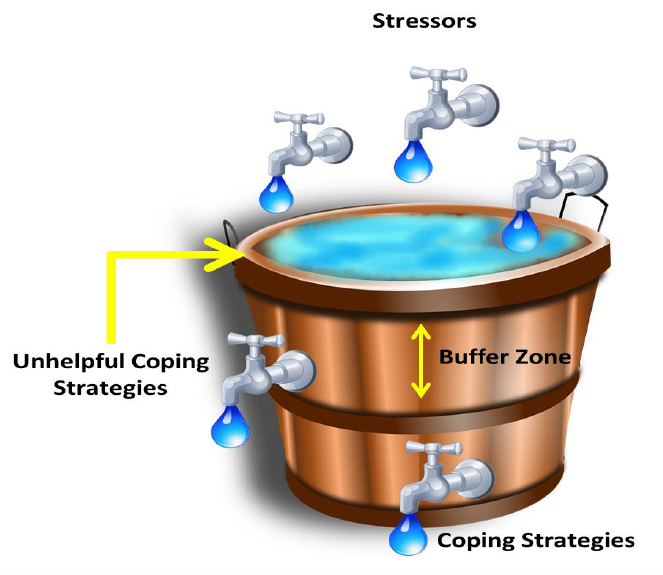
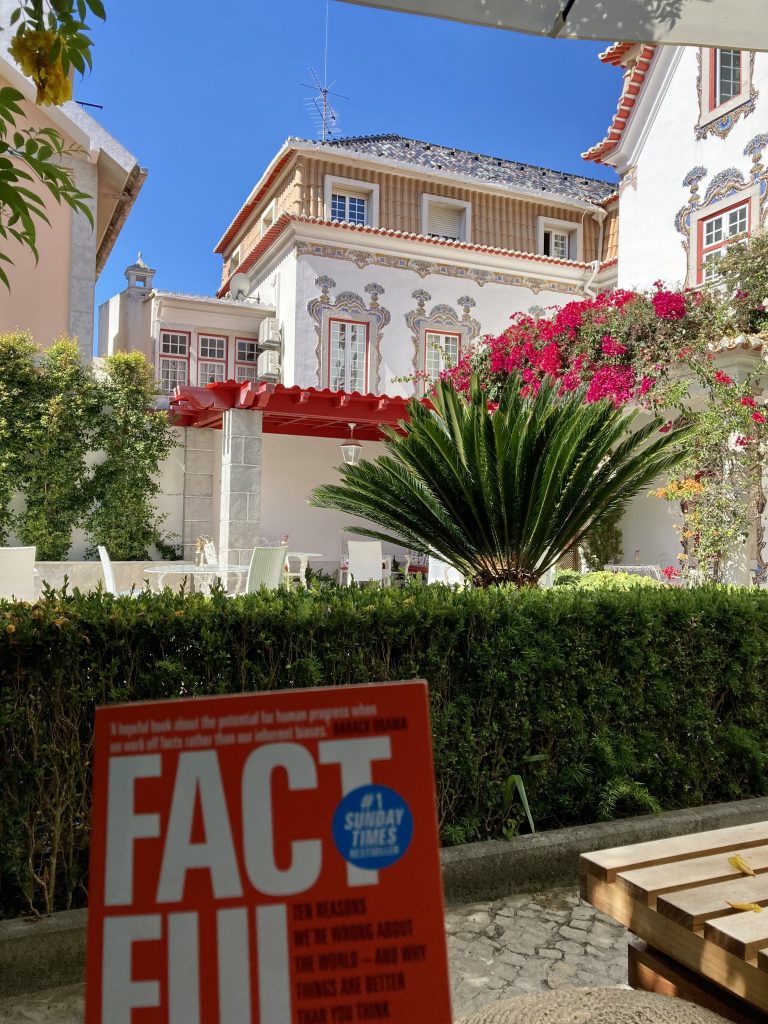
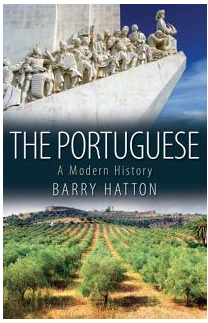
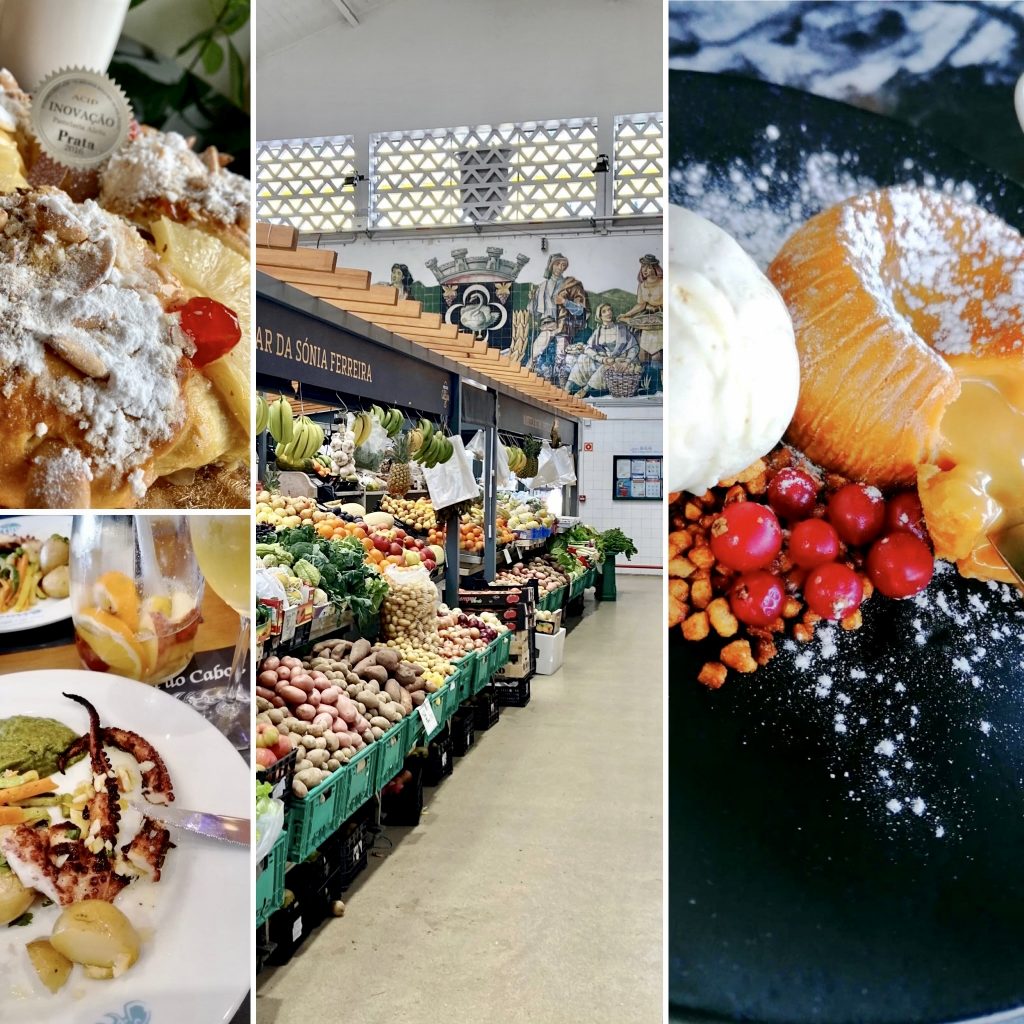
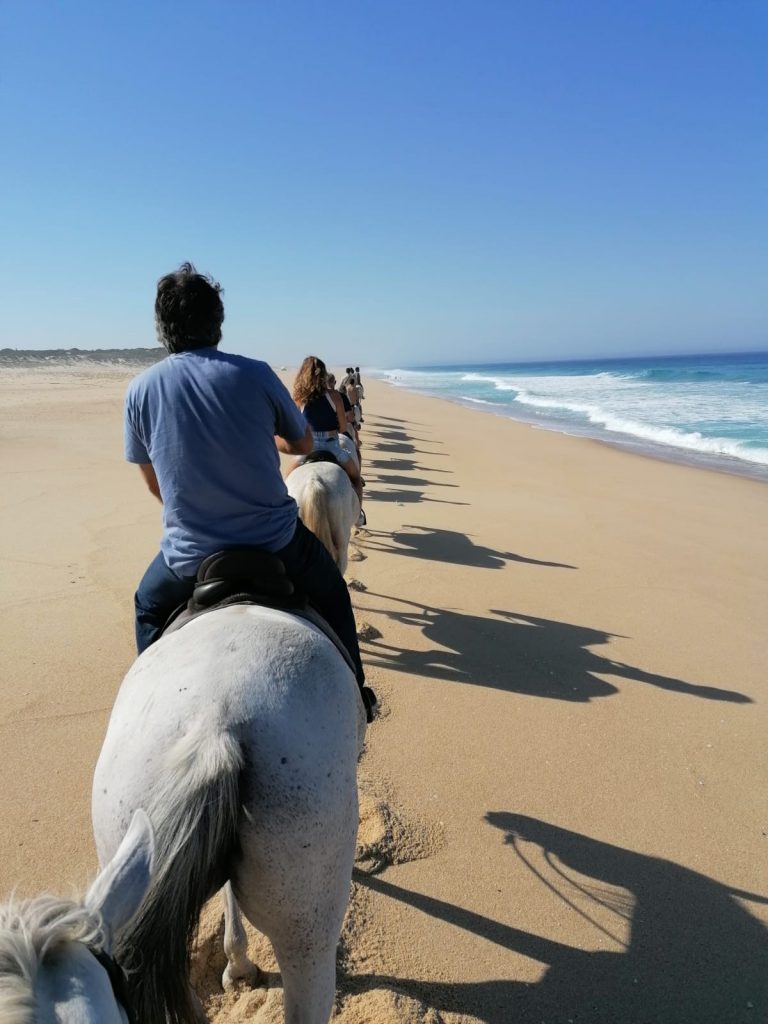

 From his welcome and throughout the 90 minute journey Steve kept up a regular litany of anecdotes, poetry and humour. At first my reaction was one of irritation. When I took a time out (and gave myself permission) to really listen I began to appreciate how clever and varied his oratory was. At Gatwick (where there was a delay) Steve greeted onboarding passengers in 5 languages and recited a poem as a way of apologising for the delay caused by a malfunctioning toilet.
From his welcome and throughout the 90 minute journey Steve kept up a regular litany of anecdotes, poetry and humour. At first my reaction was one of irritation. When I took a time out (and gave myself permission) to really listen I began to appreciate how clever and varied his oratory was. At Gatwick (where there was a delay) Steve greeted onboarding passengers in 5 languages and recited a poem as a way of apologising for the delay caused by a malfunctioning toilet.